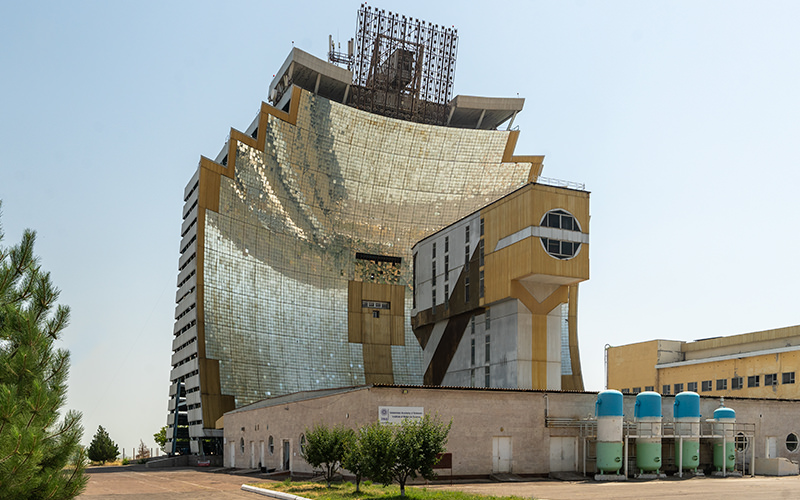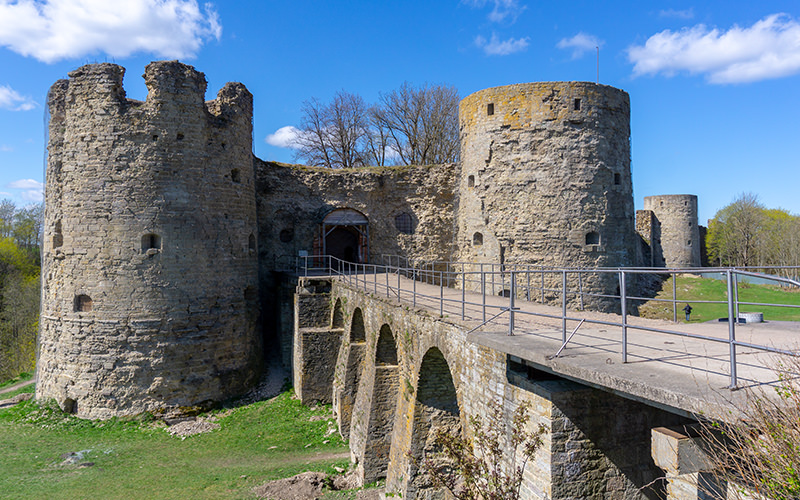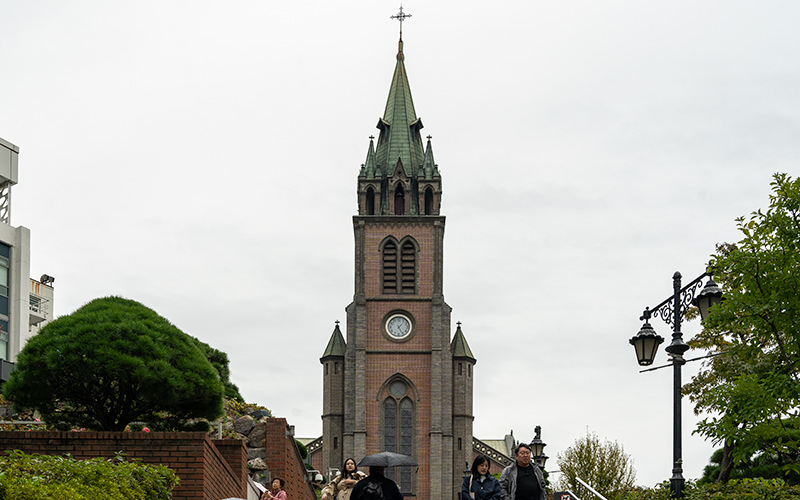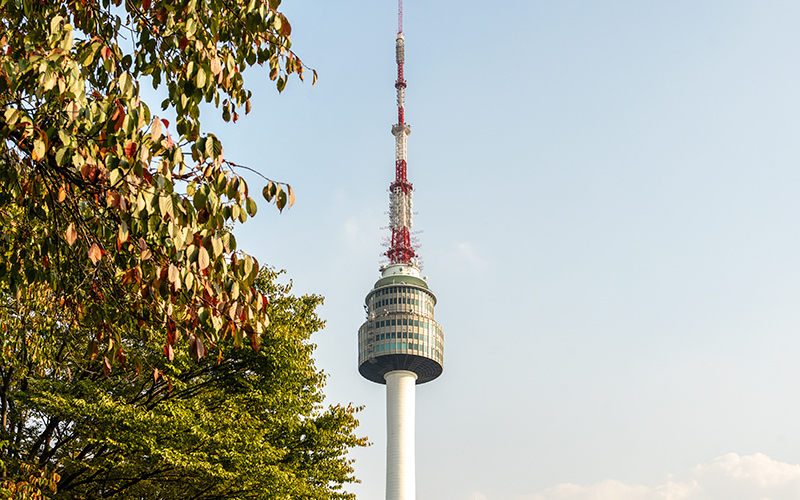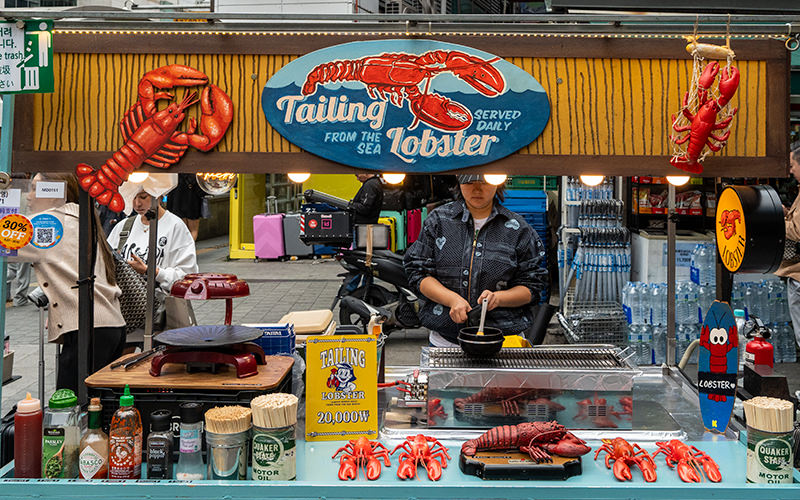My previous story about interesting places in Seoul was dedicated to a walk through the traditional village of Bukchon, where you can see a large number of diverse buildings in the traditional Korean style. There’s another similar place in the city — the hanok village on Namsan. In my articles, I decided to compare these two attractions and show you what each of them looks like.
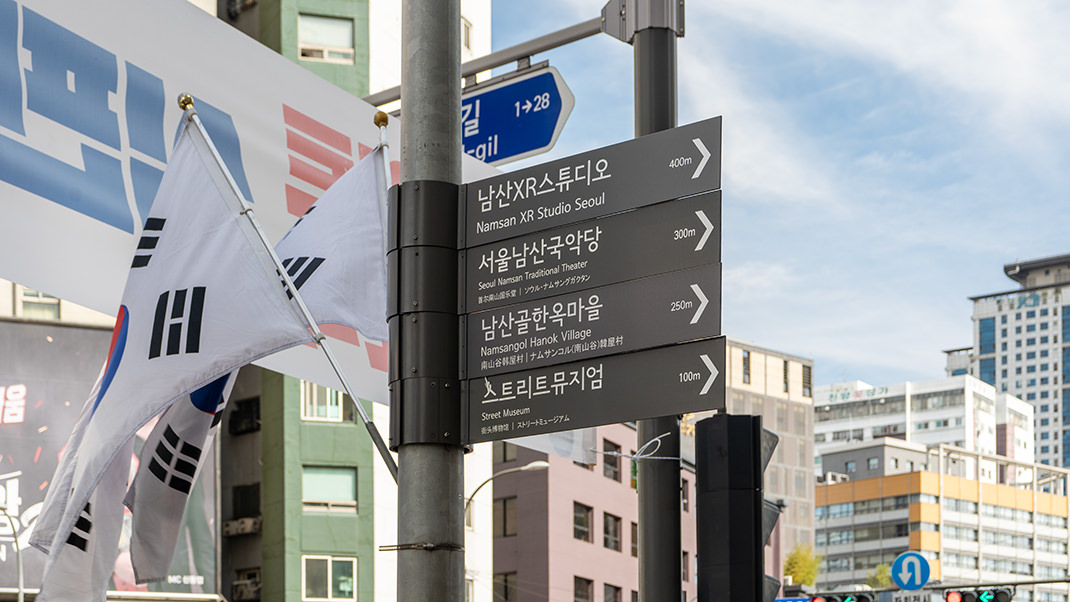
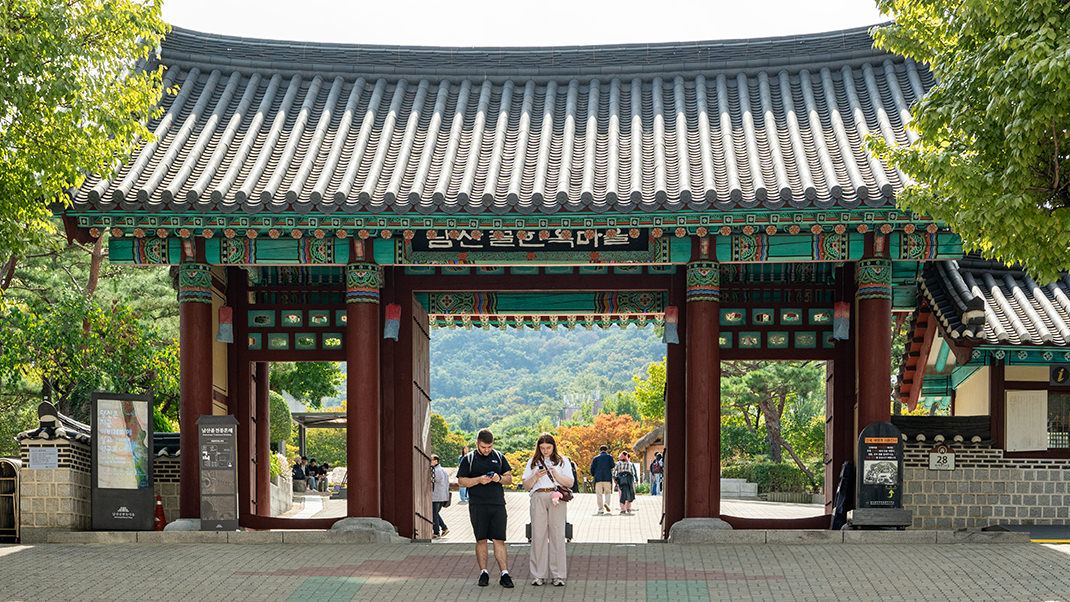
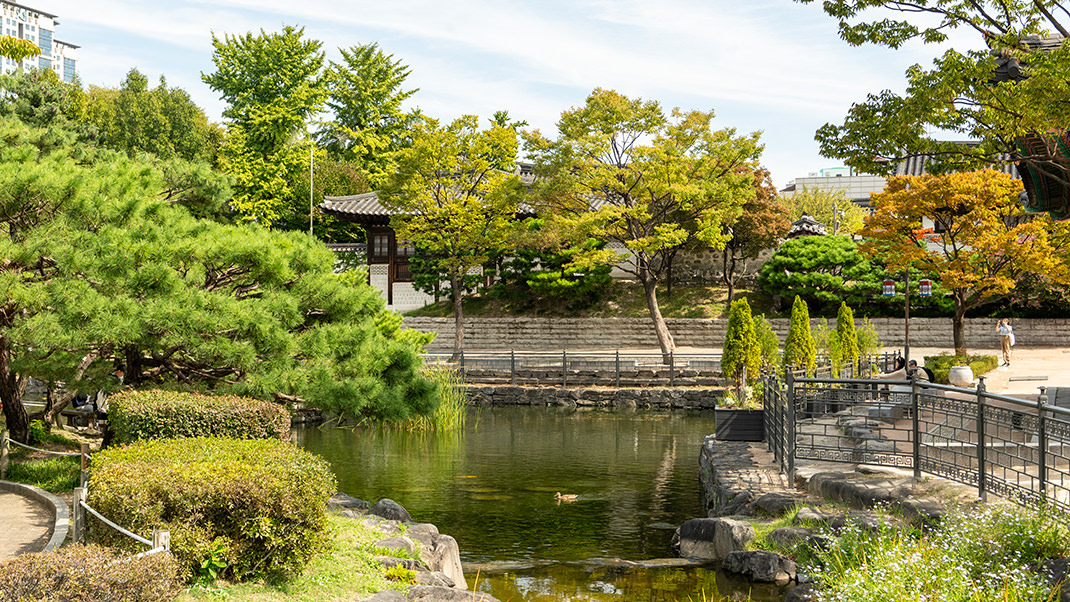
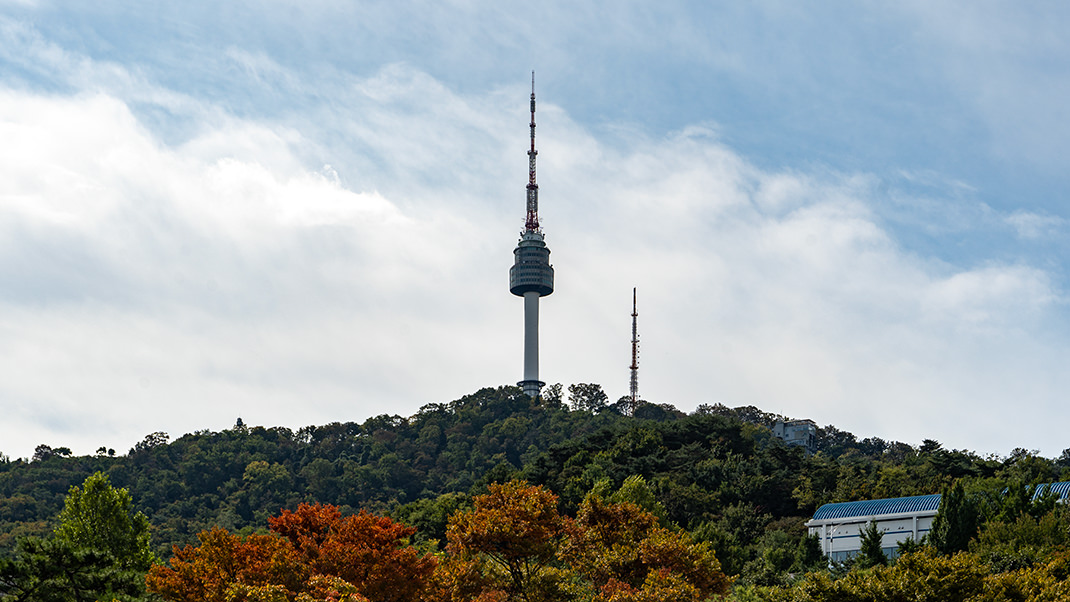
The History of the Traditional Village
This architectural and historical park was created in 1998. To build it, five traditional Korean-style houses were relocated here from different districts of Seoul. The village is located at the foot of Namsan Mountain. In the past, local residents lived a peaceful and leisurely life here — writing poetry, painting pictures, and enjoying the beauty of the surrounding nature.
The village includes homes that once belonged to citizens of different income levels: for example, there's a carpenter’s house and a building that was once part of the mansion of the Vice President of the Royal Secret Council. Thanks to this diversity, visitors to this open-air museum can learn about the daily life of various layers of Korean society.
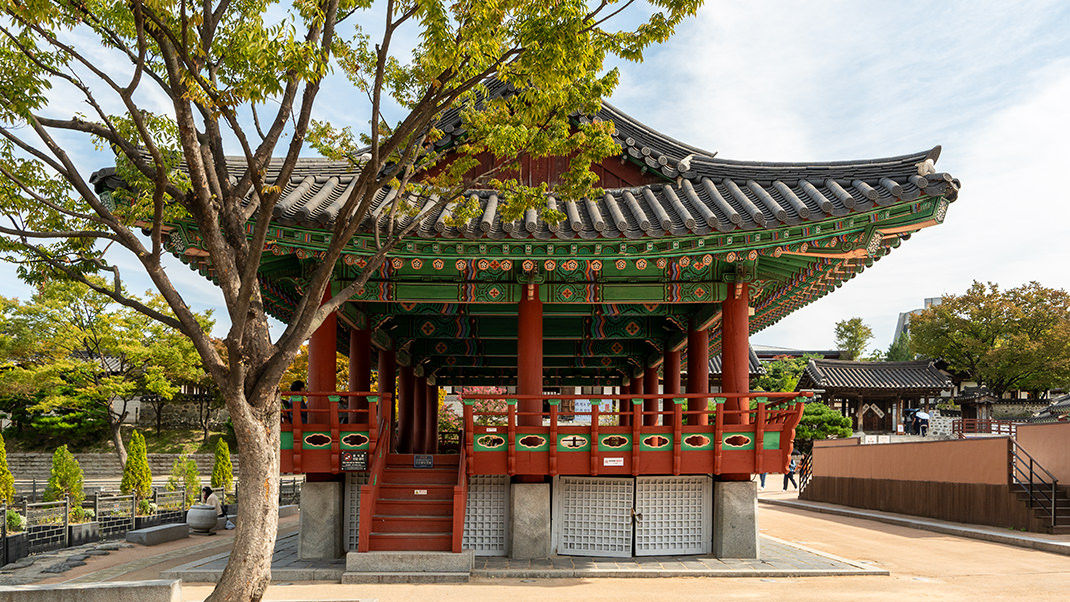

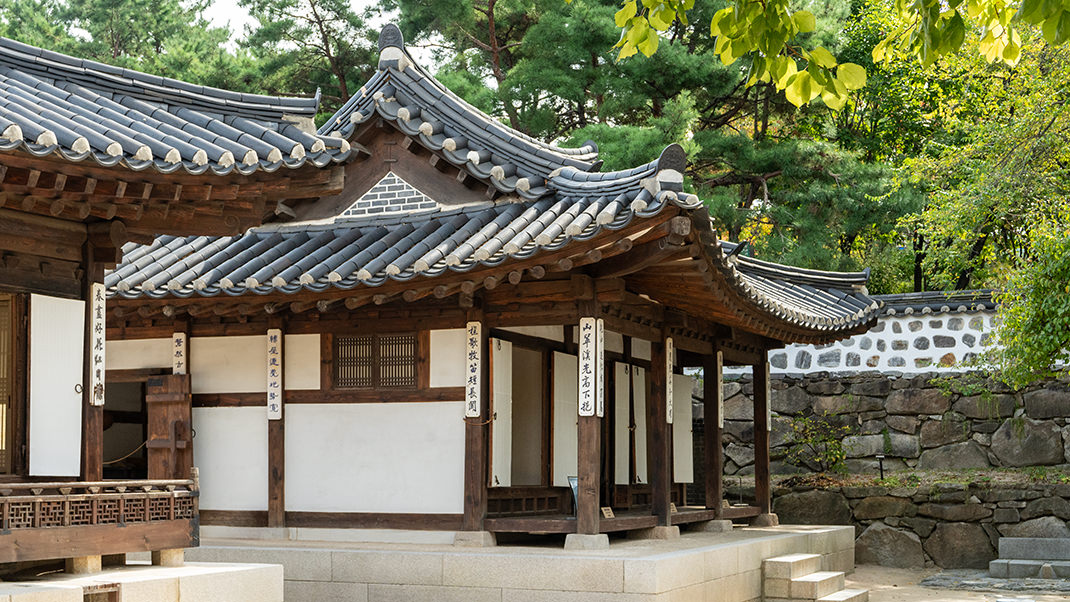
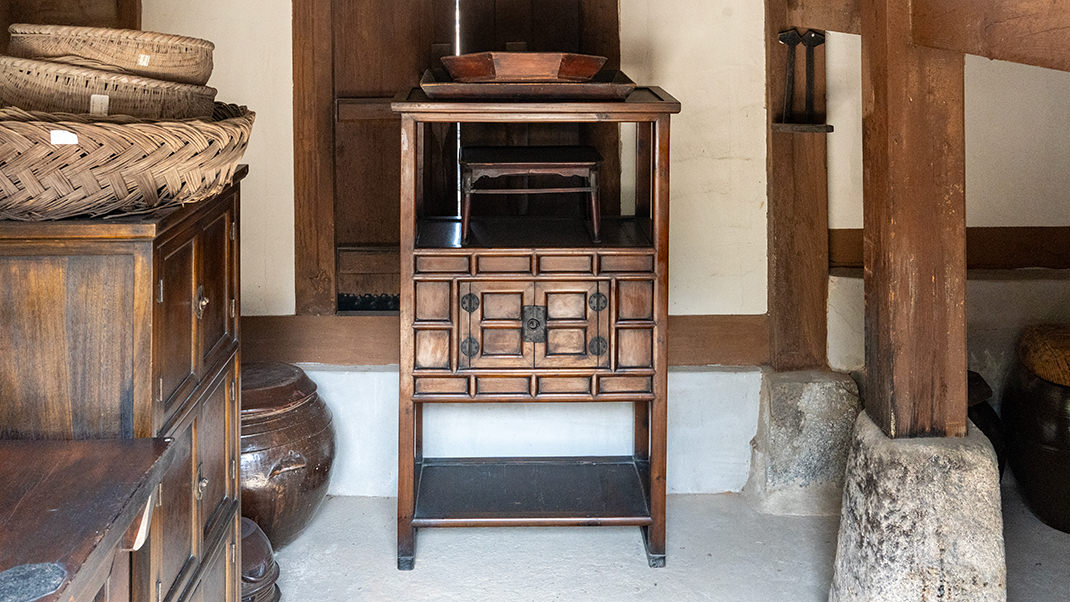
To complete the picture, the interiors of the houses are designed to reflect the status of their residents. Each building has a sign with information in both English and Korean. In addition to the houses themselves, the complex includes a traditional theater and a pavilion with a café and a craft art gallery.
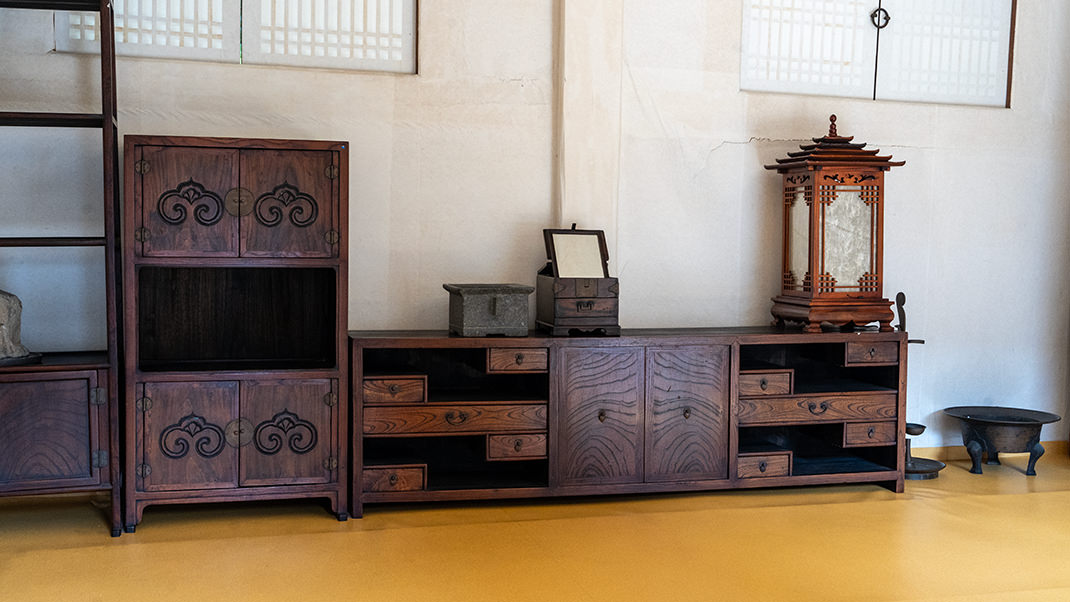
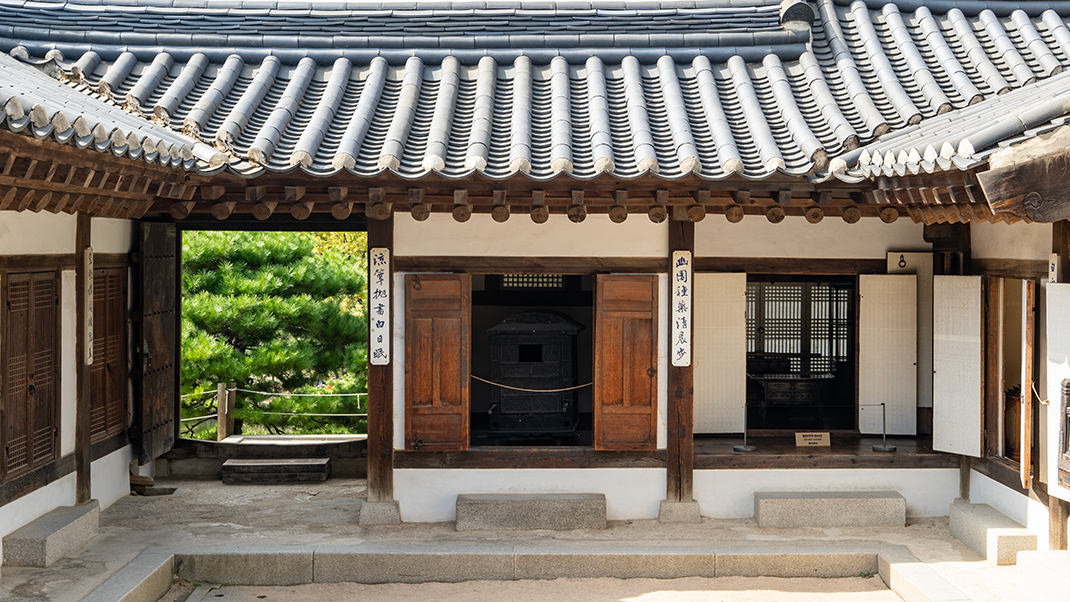
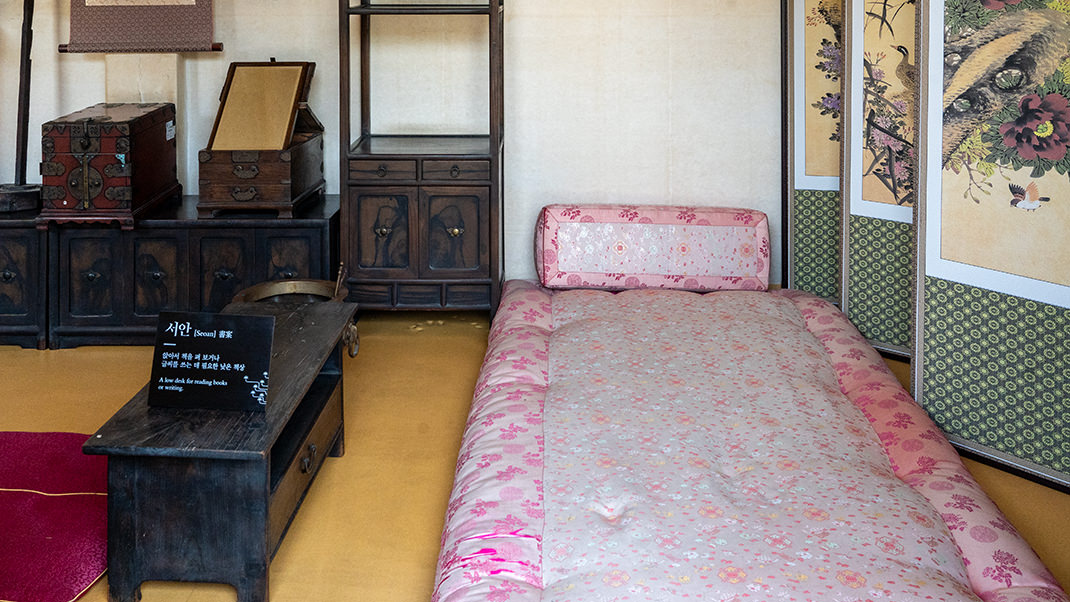
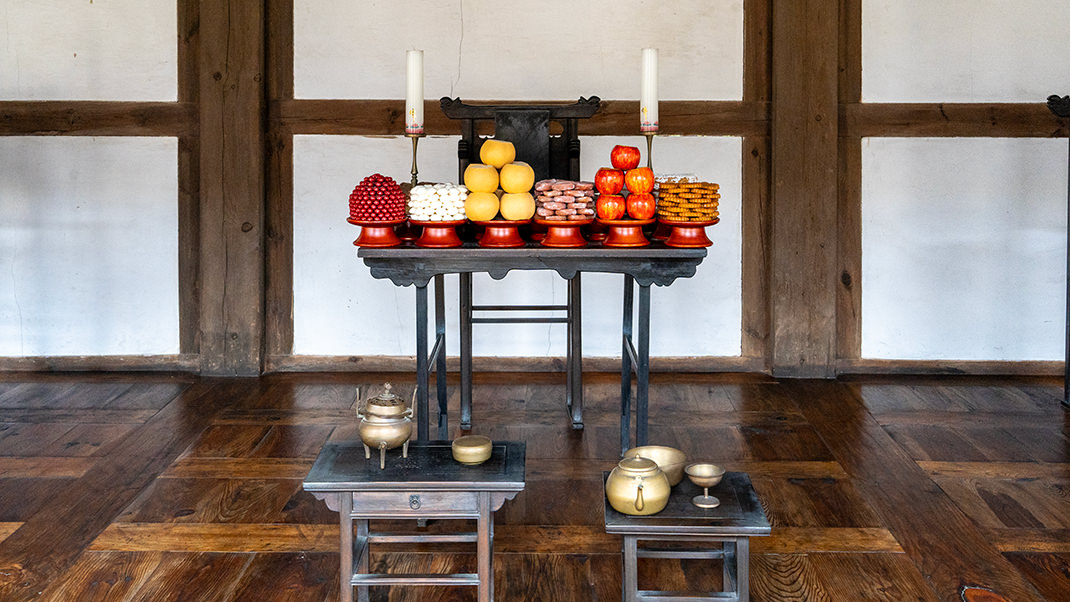
I called Namsangol a park because it includes not only architectural structures but also a fairly large and cozy garden. On the day of my visit, a few women were playing a game in which participants tried to shoot an arrow into the neck of a jar. I read that this game is called tuho. For every miss, the player must perform a task — for example, drink something or dance. The one who never missed was given the title of “wise.”
In the southern part of the park, there’s a time capsule that was buried in 1994 when the country was celebrating the 600th anniversary of Seoul. At that time, 600 items telling the story of the city were buried here. The plan is to open the capsule in the year 2394, when the South Korean capital turns 1,000 years old.
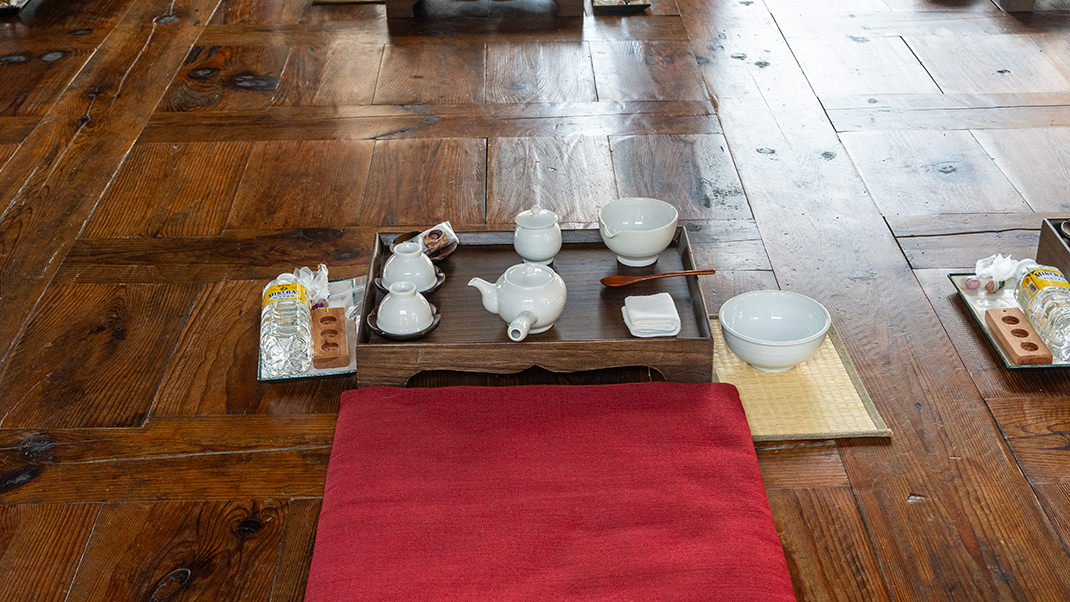
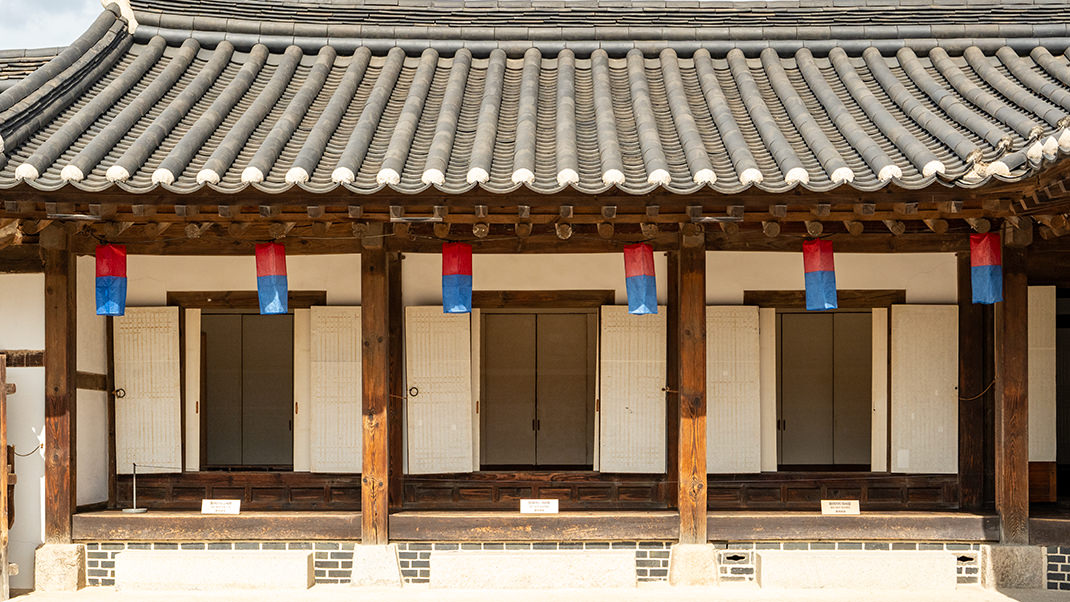
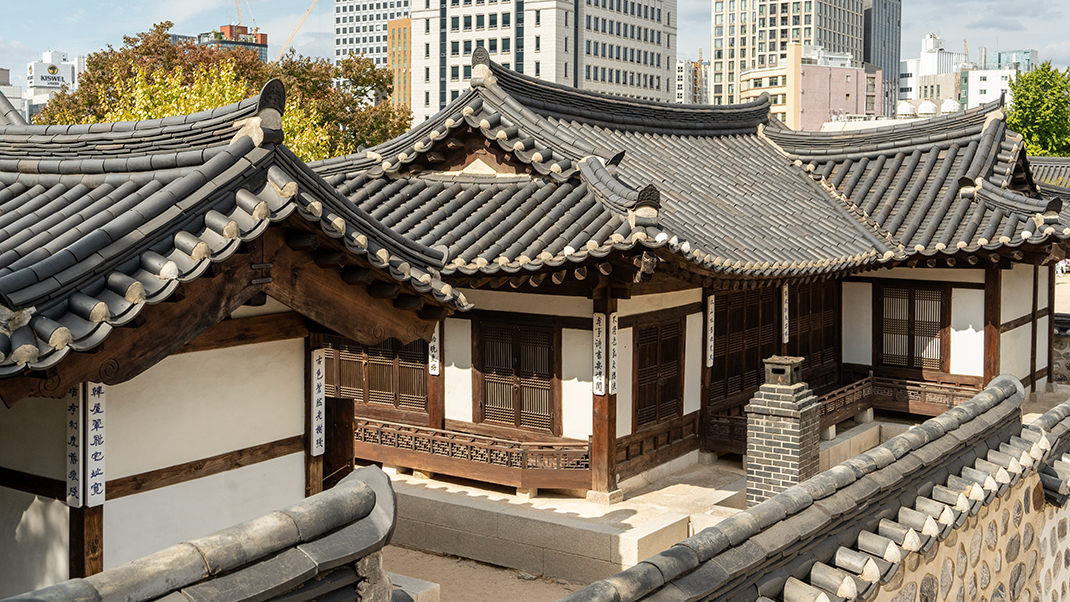
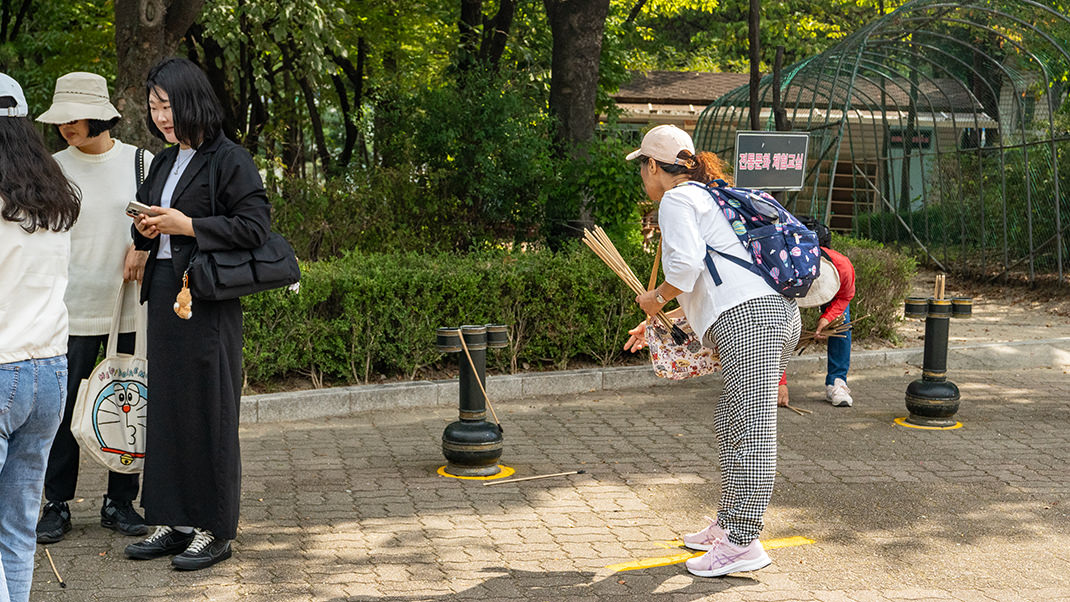
How to Get There
I got to the village by metro. About a 5–7 minute walk from the entrance to the complex is an exit from Chungmuro Station. You can use the Naver app to plan your route.
The village is free to visit. The garden is open 24/7, while the architectural part of the complex is open from 9 a.m. to 9 p.m. in summer and closes an hour earlier from November to March.
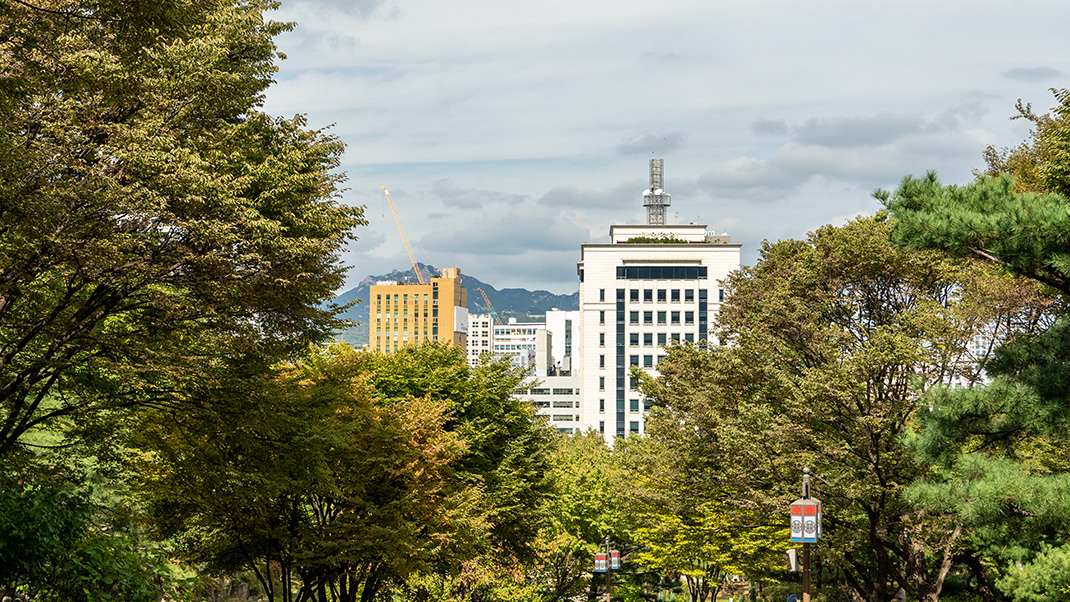
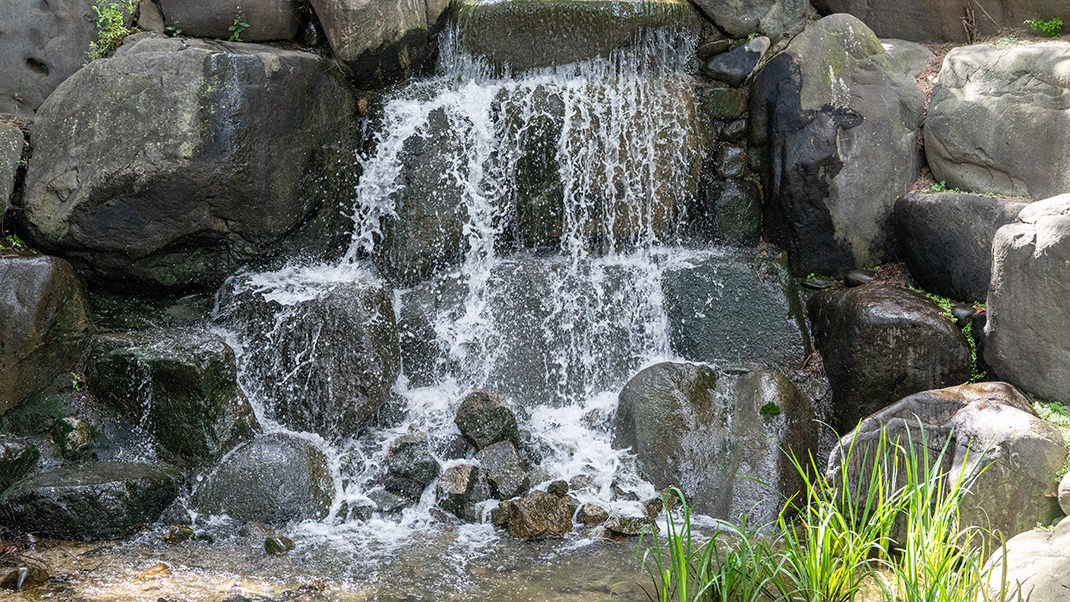
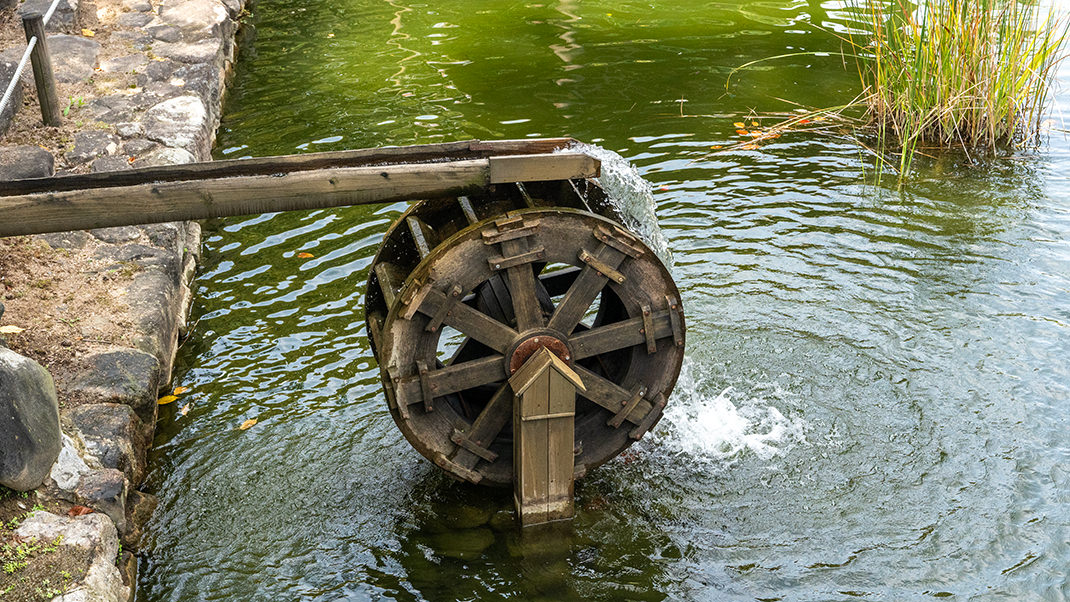
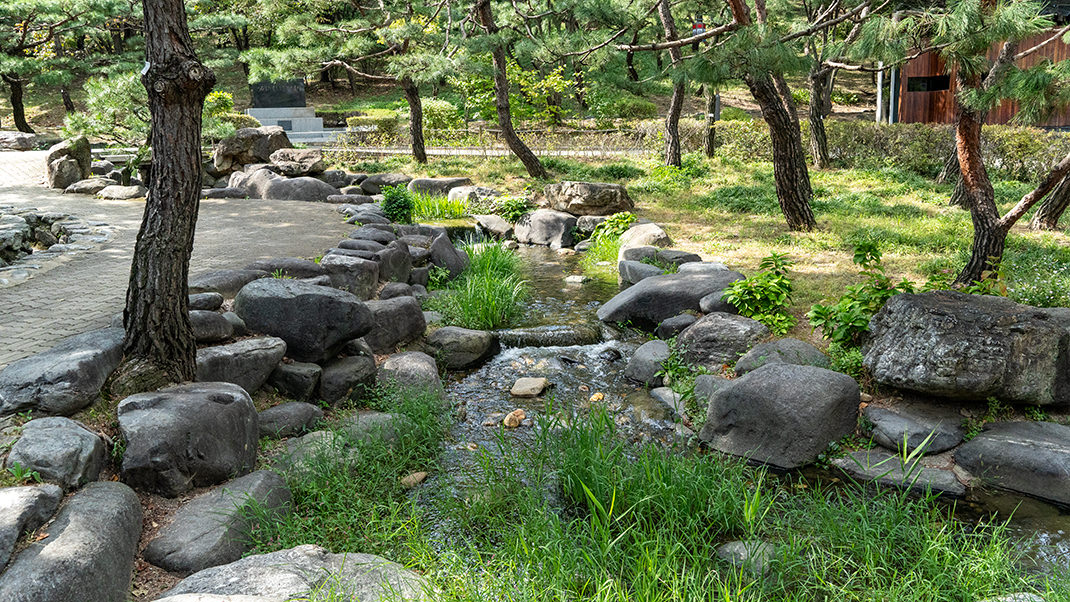
If you're interested in comparing this place with Bukchon Hanok Village, you can read a separate article about it. As for me, I’ll continue my Seoul series with a piece about Cheonggyecheon Stream — one of the top spots in the city on my list of interesting places to visit.
Have a nice trip!


